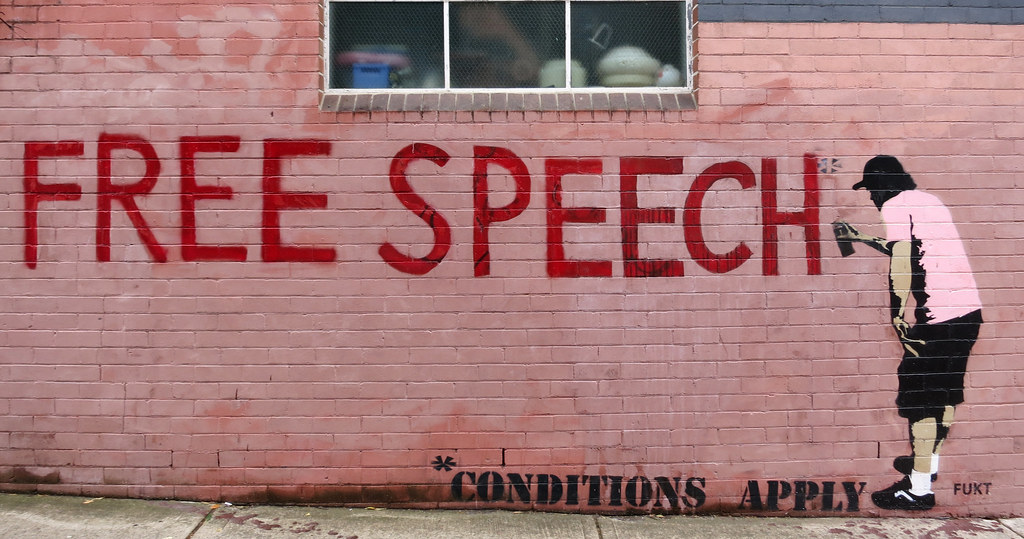Human beings have significant interests in communicating what they think to others, and in listening to what others have to say. These interests make it difficult to justify coercive restrictions on people’s communications, plausibly grounding a moral right to speak (and listen) to others that is properly protected by law. That there ought to be such legal protections for speech is uncontroversial among political and legal philosophers. But disagreement arises when we turn to the details. What are the interests or values that justify this presumption against restricting speech? And what, if anything, counts as an adequate justification for overcoming the presumption? This entry is chiefly concerned with exploring the philosophical literature on these questions.
The entry begins by distinguishing different ideas to which the term “freedom of speech” can refer. It then reviews the variety of concerns taken to justify freedom of speech. Next, the entry considers the proper limits of freedom of speech, cataloging different views on when and why restrictions on communication can be morally justified, and what considerations are relevant when evaluating restrictions. Finally, it considers the role of speech intermediaries in a philosophical analysis of freedom of speech, with special attention to internet platforms.

